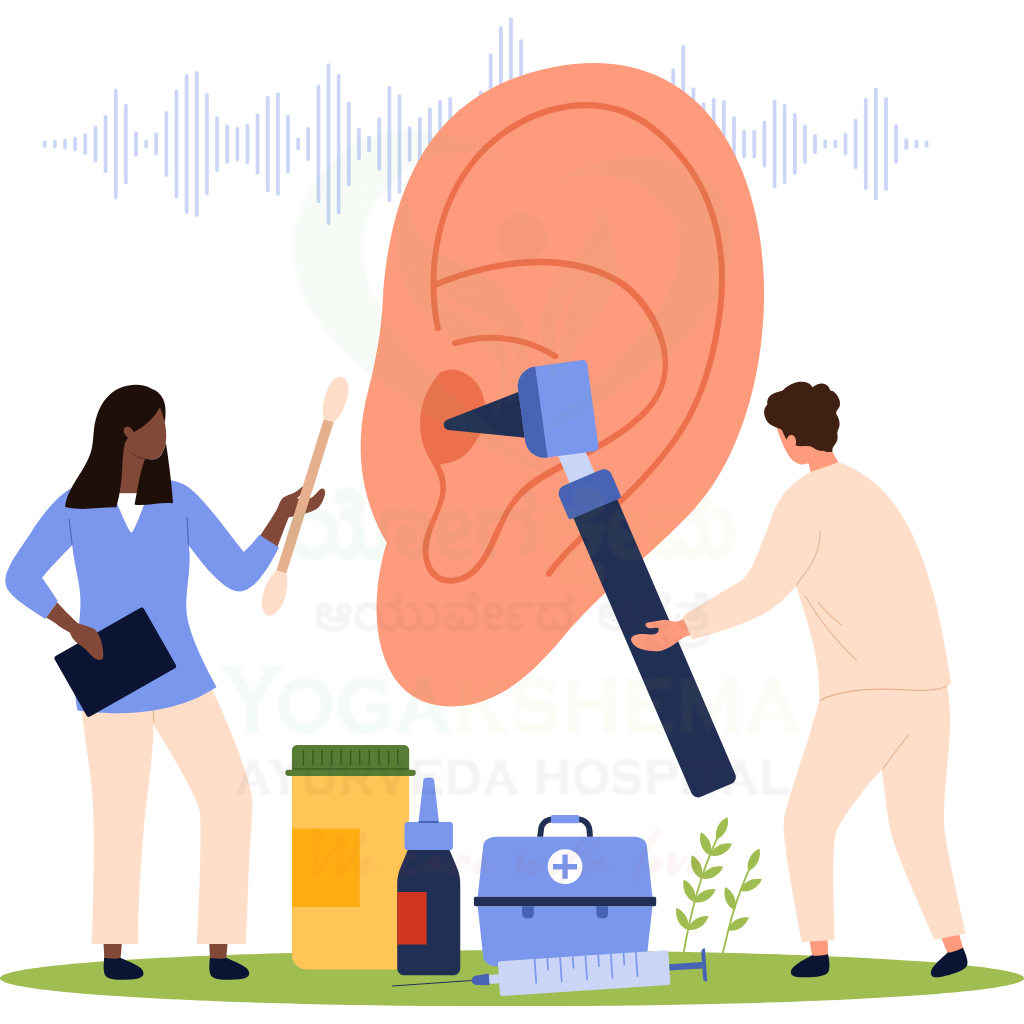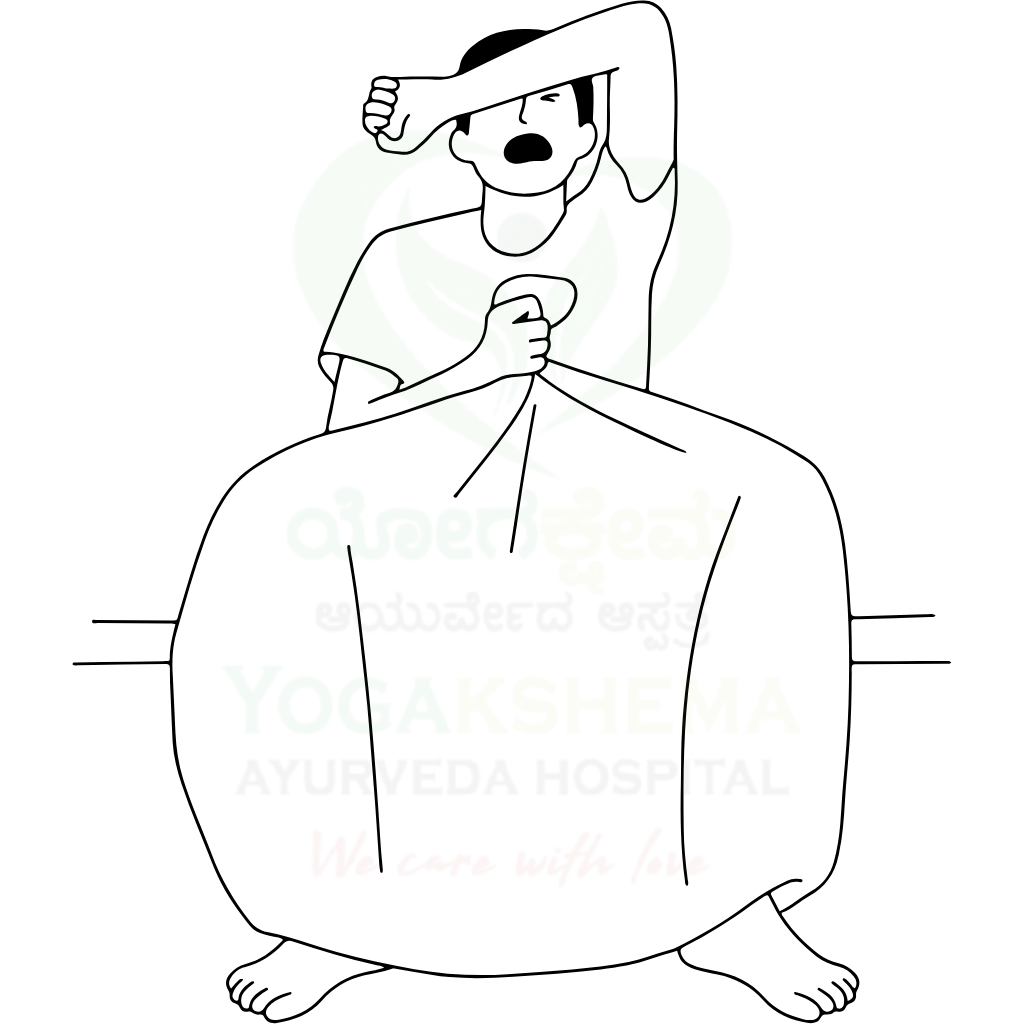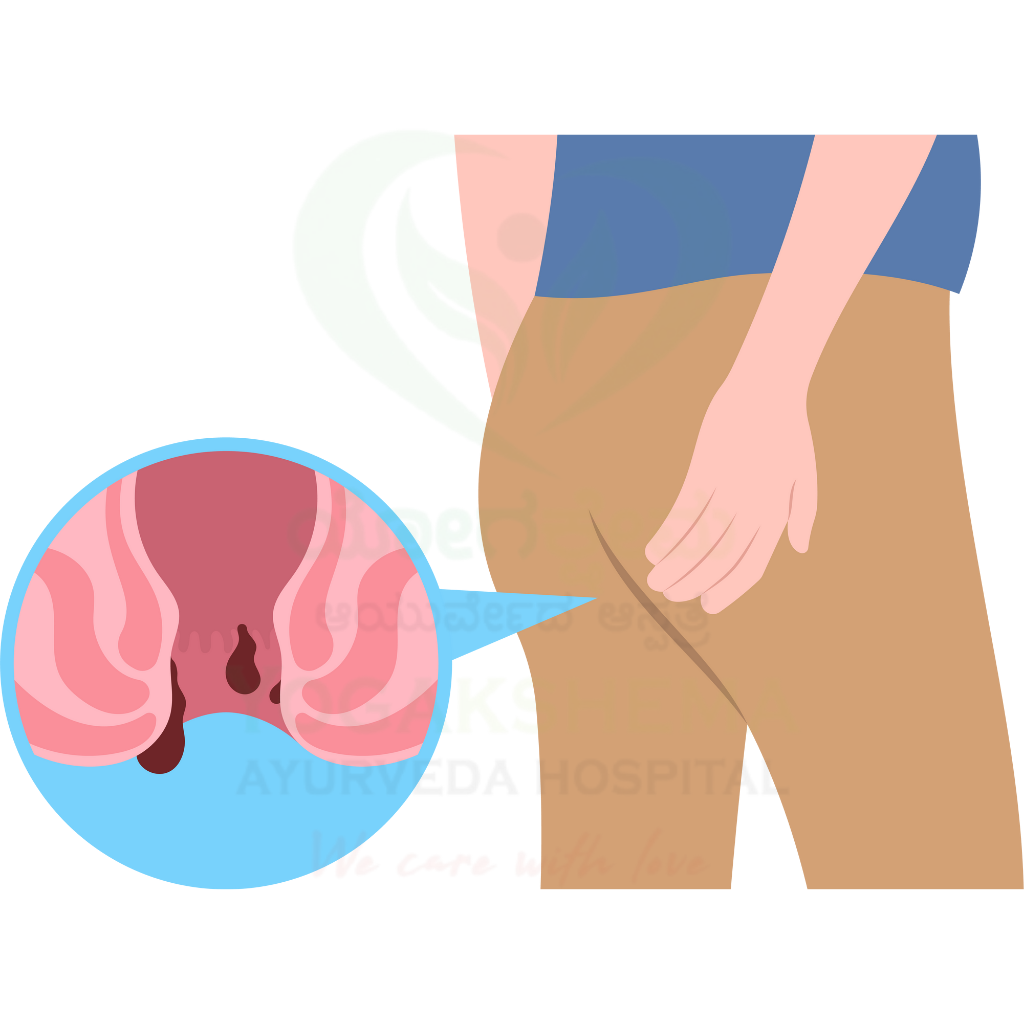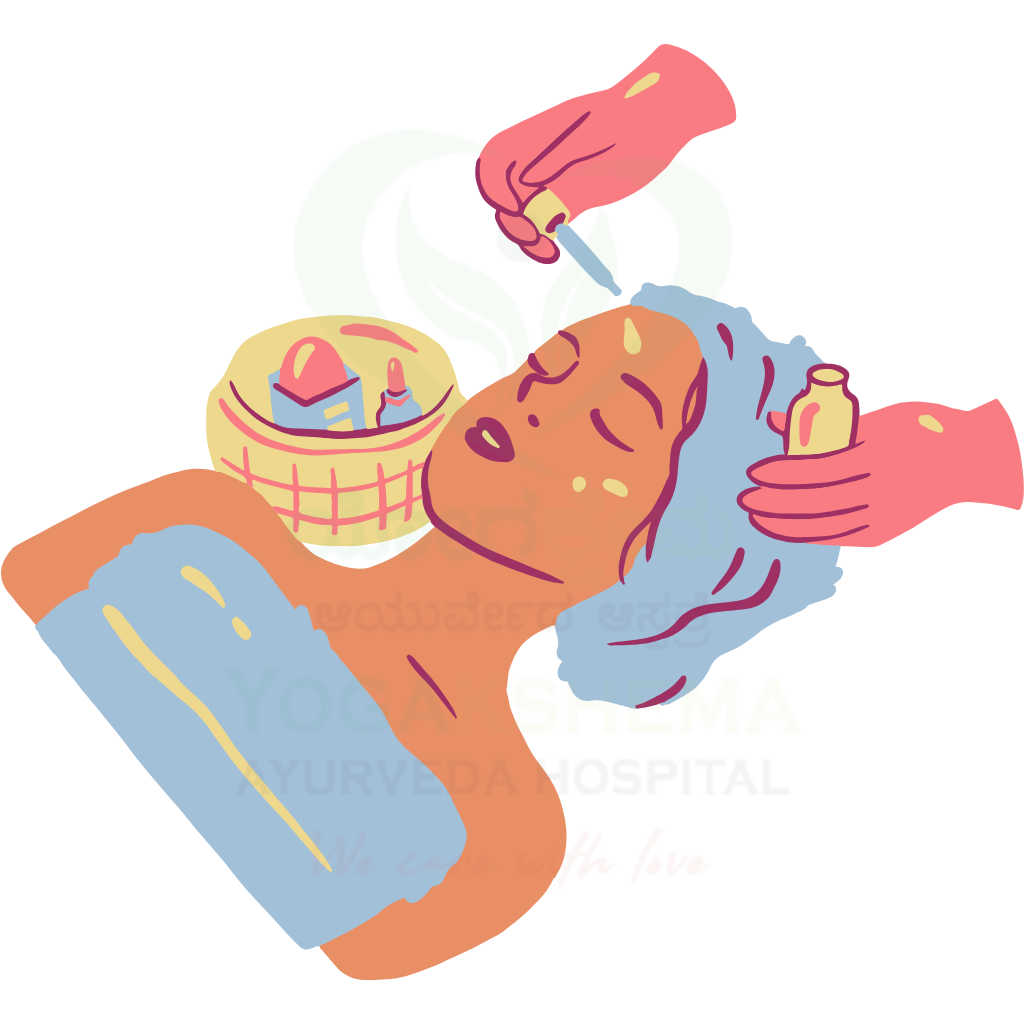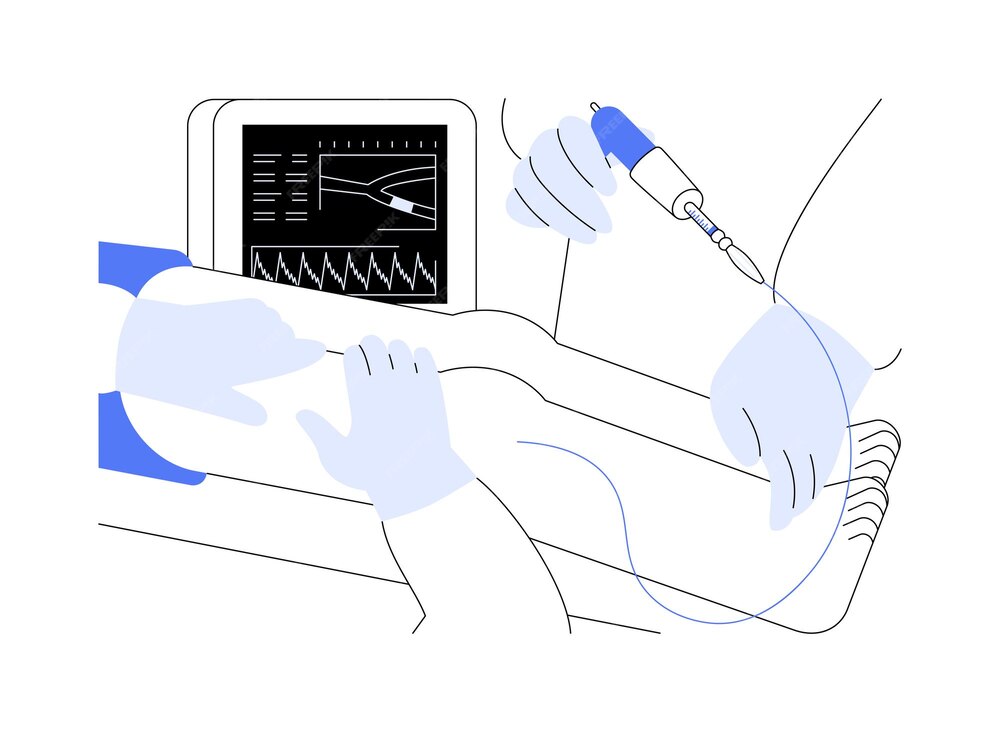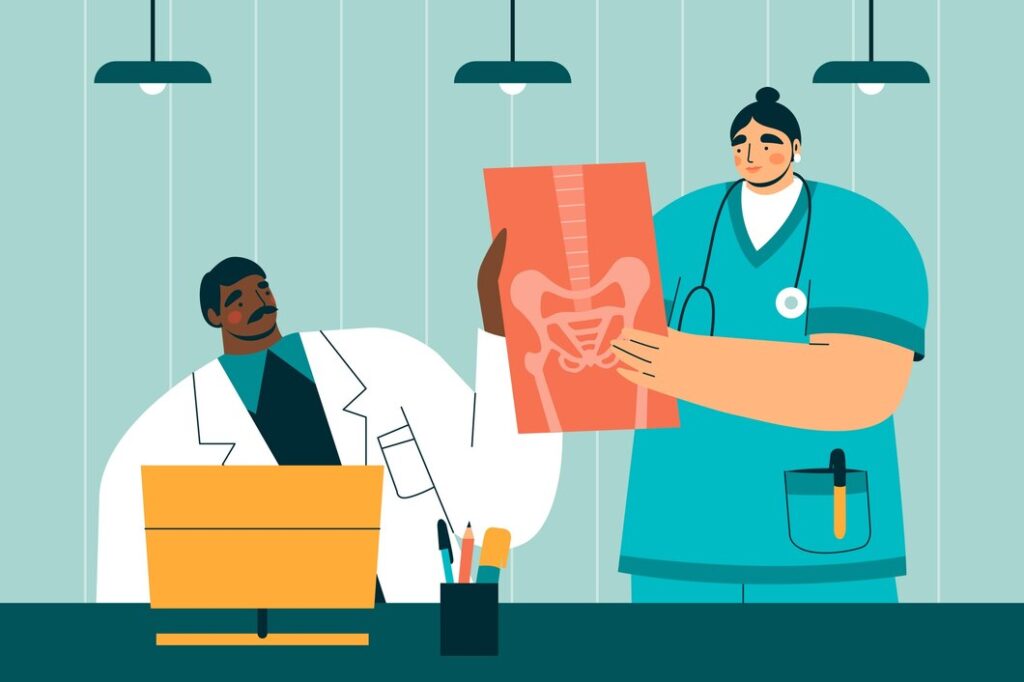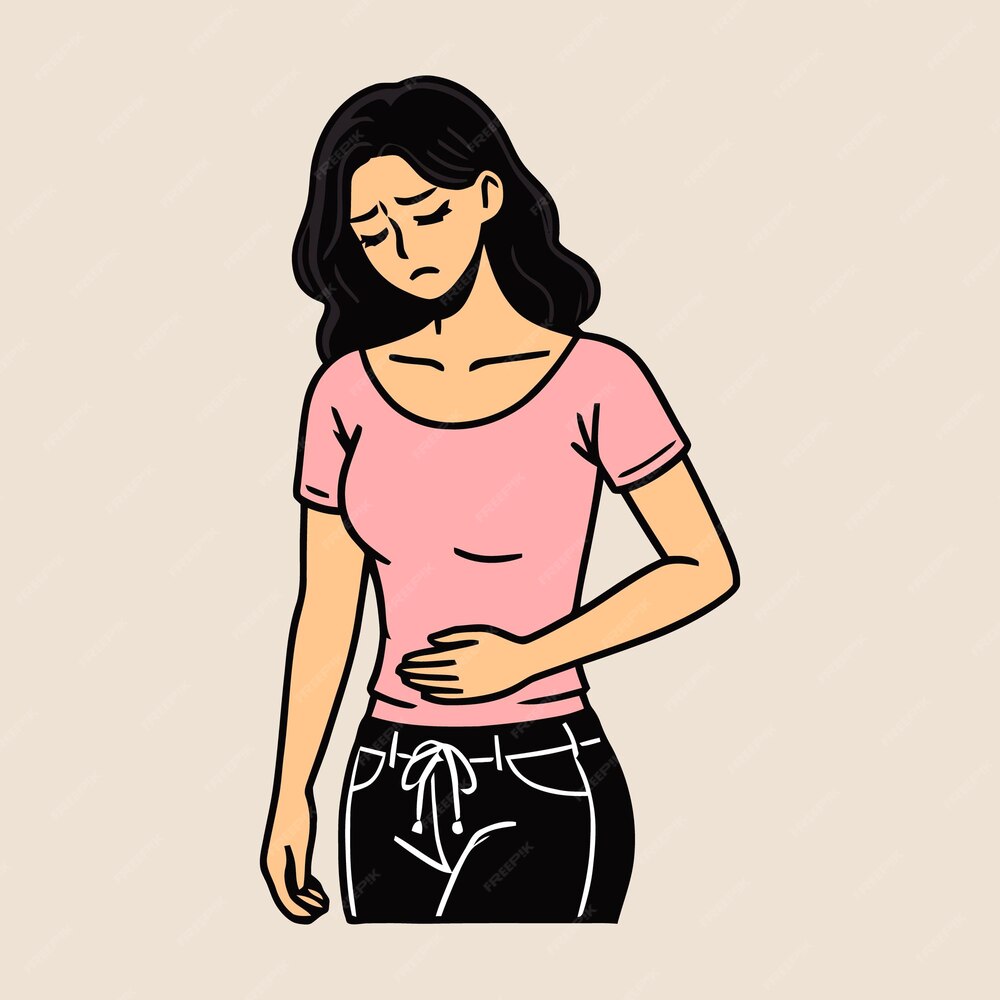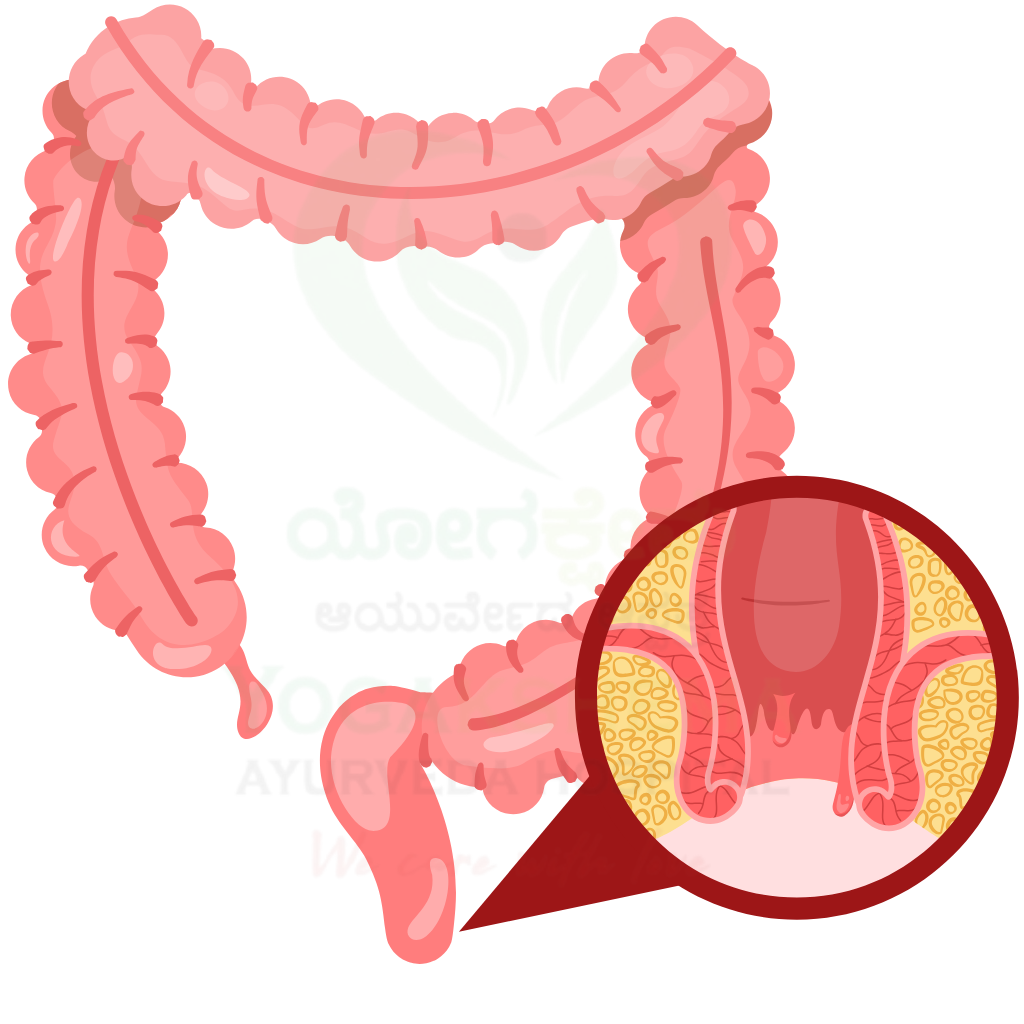Ashtavidha Shastra Karma: Unveiling Ayurvedic Surgical Principles at Yogakshema Ayurveda Hospital
At Yogakshema Ayurveda Hospital, we integrate the profound wisdom of Ashtavidha Shastra Karma, the eight essential surgical principles of Ayurveda, into our healthcare practices. Guided by the expertise of Dr. Shyam Prasad P.S. and our team of accomplished Ayurvedic surgeons, we deliver minimally invasive procedures tailored to address diverse health concerns effectively and holistically.
Significance of Ashtavidha Shastra Karma
- Holistic Approach: These principles consider not only the physical condition but also the individual’s overall constitution (Prakriti) and dosha imbalances.
- Minimally Invasive Techniques: Emphasis on reducing trauma, pain, and recovery time with techniques designed to minimize invasiveness.
- Focus on Healing: Post-operative care includes herbal medicines, dietary adjustments, and lifestyle changes to accelerate recovery and prevent complications.
- Addressing Root Causes: By restoring doshic balance, these procedures target the underlying causes to prevent recurrence of ailments.
Key Procedures at Yogakshema Ayurveda Hospital
- Chedana (Excision): Removal of benign growths, skin tags, and certain tumors.
- Bhedana (Incision): Incision and drainage of abscesses, boils, and cysts.
- Lekhana (Scraping): Removal of dead tissue or foreign matter from skin surfaces.
- Vyadhana (Puncturing): Puncturing abscesses or cysts for fluid drainage.
- Aharana (Extraction): Extraction of foreign bodies from various parts of the body.
- Visravana (Drainage): Drainage of fluids or pus from abscesses or cavities.
- Sivana (Suturing): Suturing wounds to promote healing and prevent infections.
Conditions Treated with Ashtavidha Shastra Karma
- Skin Conditions: Warts, corns, calluses, skin tags, and benign tumors.
- Infections: Abscesses, boils, carbuncles, and cellulitis.
- Wound Management: Cleaning, debridement, and suturing of wounds.
- Vascular Disorders: Varicose ulcers, diabetic ulcers, trophic ulcers, and Buerger’s disease.
- Sebaceous Cysts: Removal of sebaceous or dermoid cysts.
Pre-Procedure Considerations
- Thorough Consultation: Initial assessment by Dr. Shyam Prasad P.S. or another Ayurvedic physician to evaluate the condition and identify suitable procedures.
- Diagnostic Evaluation: Comprehensive diagnostics, including nadi pariksha (pulse diagnosis), to determine underlying imbalances and develop a treatment plan.
- Pre-Operative Preparation: Customized dietary and lifestyle recommendations to optimize the patient’s readiness for the procedure.
Post-Procedure Care
- Wound Care: Detailed instructions to promote healing and prevent infections.
- Dietary and Lifestyle Guidance: Post-operative advice to support recovery and maintain balance in the body.
- Follow-Up Consultations: Regular evaluations to monitor progress and adjust treatment as needed.
Contraindications
- Pregnancy: Certain procedures are not advised during pregnancy.
- Bleeding Disorders: Patients with clotting issues may not be suitable for specific interventions.
- Acute Infections: Active infections may necessitate postponement or alternative treatments.
- Specific Medical Conditions: Individual assessments ensure the safety of each procedure.
At Yogakshema Ayurveda Hospital, we are dedicated to offering authentic Ayurvedic surgical care through the principles of Ashtavidha Shastra Karma. Under the leadership of Dr. Shyam Prasad P.S., our skilled surgeons ensure that all procedures are performed in a sterile, safe, and patient-centered environment.
Rediscover health and balance with the time-tested wisdom of Ayurvedic surgery at Yogakshema Ayurveda Hospital.

